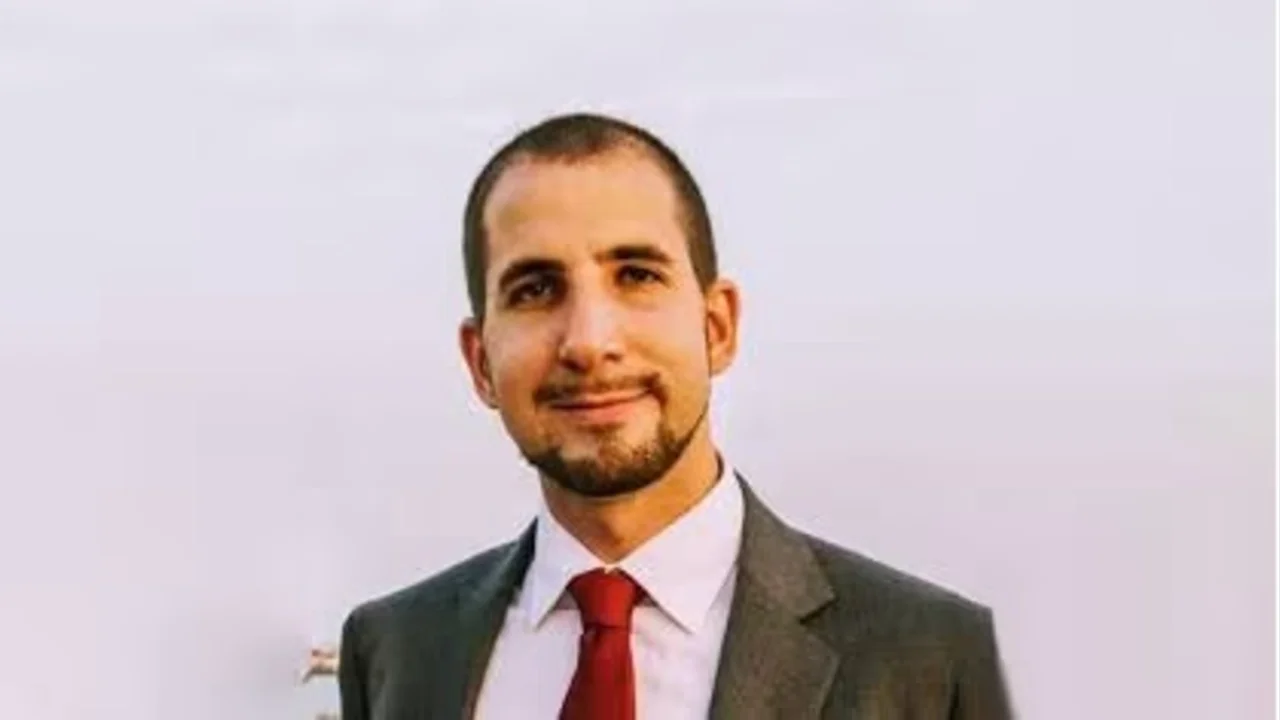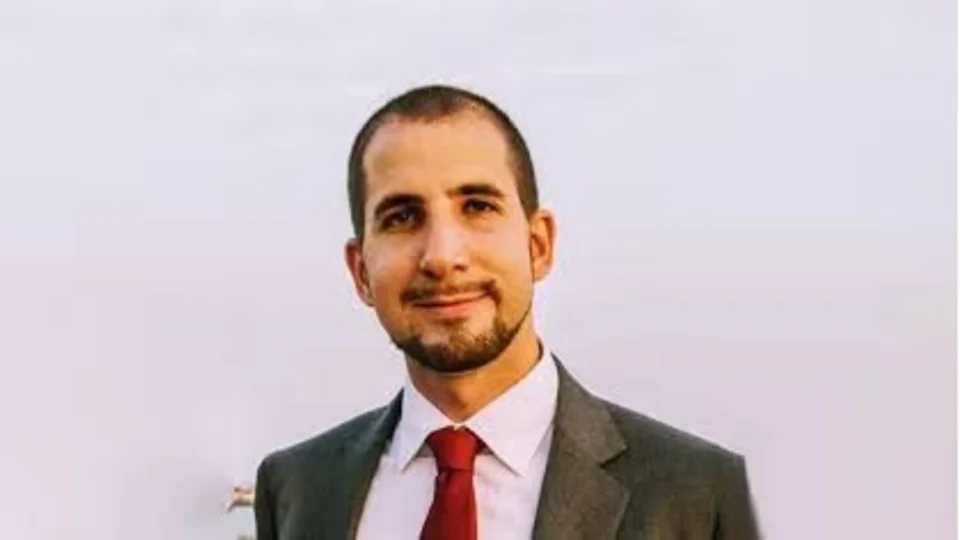
Dr. Matteo Icardi is organizing a workshop "Open-source software for computational engineering" for the WEP 2015
Computer simulations are becoming a powerful predictive tool for many engineering problems where the experimental and design processes are prohibitive. Among the variety of solutions available on the market for fluid, solid, and molecular simulations (with very high license fees), a new modeling strategy based on free and open-source codes is becoming more popular, not only for academic and research purposes.
About
Open-source software for computational engineering
WEP 2015
Organizers:
Dr. Matteo Icardi (KAUST)
Dr. Alberto Passalacqua (Iowa State University)
Computer simulations are becoming a powerful predictive tool for many engineering problems where the experimental and design processes are prohibitive. Among the variety of solutions available on the market for fluid, solid, and molecular simulations (with very high license fees), a new modeling strategy based on free and open-source codes is becoming more popular, not only for academic and research purposes.
The workshop will be first introduced by a series of talks, given by the organizers, to introduce the open-source philosophy (and its applicability in the industry and academia) and the most interesting and active projects freely available on the web. Special emphasis will be put on scientific software for CAD, mesh generation, fluid, and multi-physics simulation. Tools to visualize, animate, and present nicely 3D scientific data and simulation results will be also described, with particular focus on the integrated post-processing capabilities of OpenFOAM®. Then the participants will be able to show and discuss their own research and work projects related to the subject in a more dynamic and interactive session designed also for students to work on simple problems, under the guidance of the instructors (or other experienced participants).
The workshop is centered on OpenFOAM® and fluid simulations but will include also other codes to cover all the steps involved in computational modeling, from CAD to visualization. Contributes from participants, particularly from complementary topics such as structural mechanics and/or molecular dynamics will be of particular value. The final aim is to explore the potentialities of collaborative open-source modeling and simulation tools in academic and industrial projects and motivate the scientific and business KAUST community to become users or part of the developing community (as users, testers, or developers). Students and researchers in academia and industry but also staff, faculty, and community members interested in computer simulations are potential participants.
See also seminar by Dr. Alberto Passalacqua
